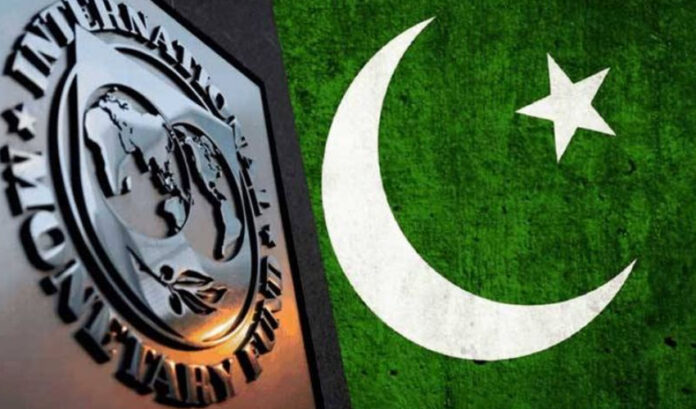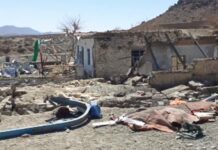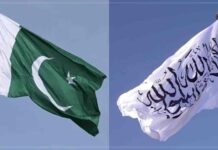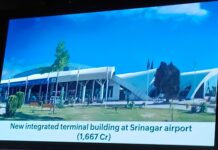Islamabad, June 1: Pakistan’s Annual Plan Coordination Committee (APCC) – the body mandated to approve the macroeconomic framework – has recommended 3.6% Gross Domestic Product and a 12% inflation target, indicating another year of stagflation that is likely to see barely any improvement in the lives of people.
Even the achievements of a relatively low economic growth and an overambitious inflation target will depend on key factors like political stability, currency market steadiness, and the timely signing of a new IMF bailout package.
Stagflation is a combination of two words: stagnation and inflation. It’s when economic growth is sluggish—even recessionary—yet prices continue to climb.
The APCC approved the annual plan for fiscal year 2024-25 and underlined that the Pakistani rupee and the foreign exchange reserves would come under pressure in the new fiscal year due to “scheduled external debt repayments”—indicating the massive foreign loans that Islamabad is burdened with.
The central bank representative informed the APCC that the achievement of the 12% inflation target is dependent on the budget and that in case additional taxation measures are taken in the budget, the inflation may remain above this threshold.
Under the State Bank of Pakistan Act, the federal government sets the inflation target for the central bank. For this fiscal year the central bank failed to achieve the 21% inflation target.
The targets set by the APCC have to be endorsed by the National Economic Council (NEC). The Shehbaz Sharif government has yet to constitute the body that is mandated to approve Pakistan’s economic growth and national development plans. The prime minister chairs the NEC meeting and the chief ministers of the provinces are its members.
The planning ministry had hoped to call the NEC meeting on Monday before the departure of Prime Minister Shehbaz Sharif to Beijing.
For this fiscal year, the government had set the GDP growth target at 3.5% but the provisional results showed that the growth remained at only 2.4% – that, too, was pulled up by the agriculture sector, according to reports.
The exchange rate on average recorded a depreciation of 13.6% to Rs284.1 during July-April period of this fiscal year compared to Rs245.4 in the same period of last year.








